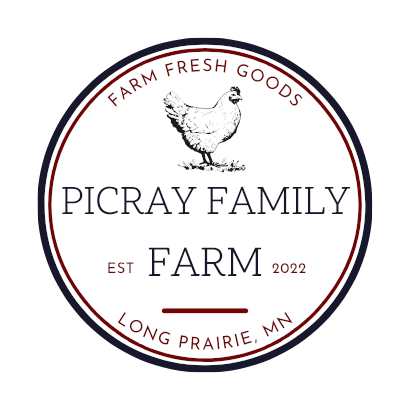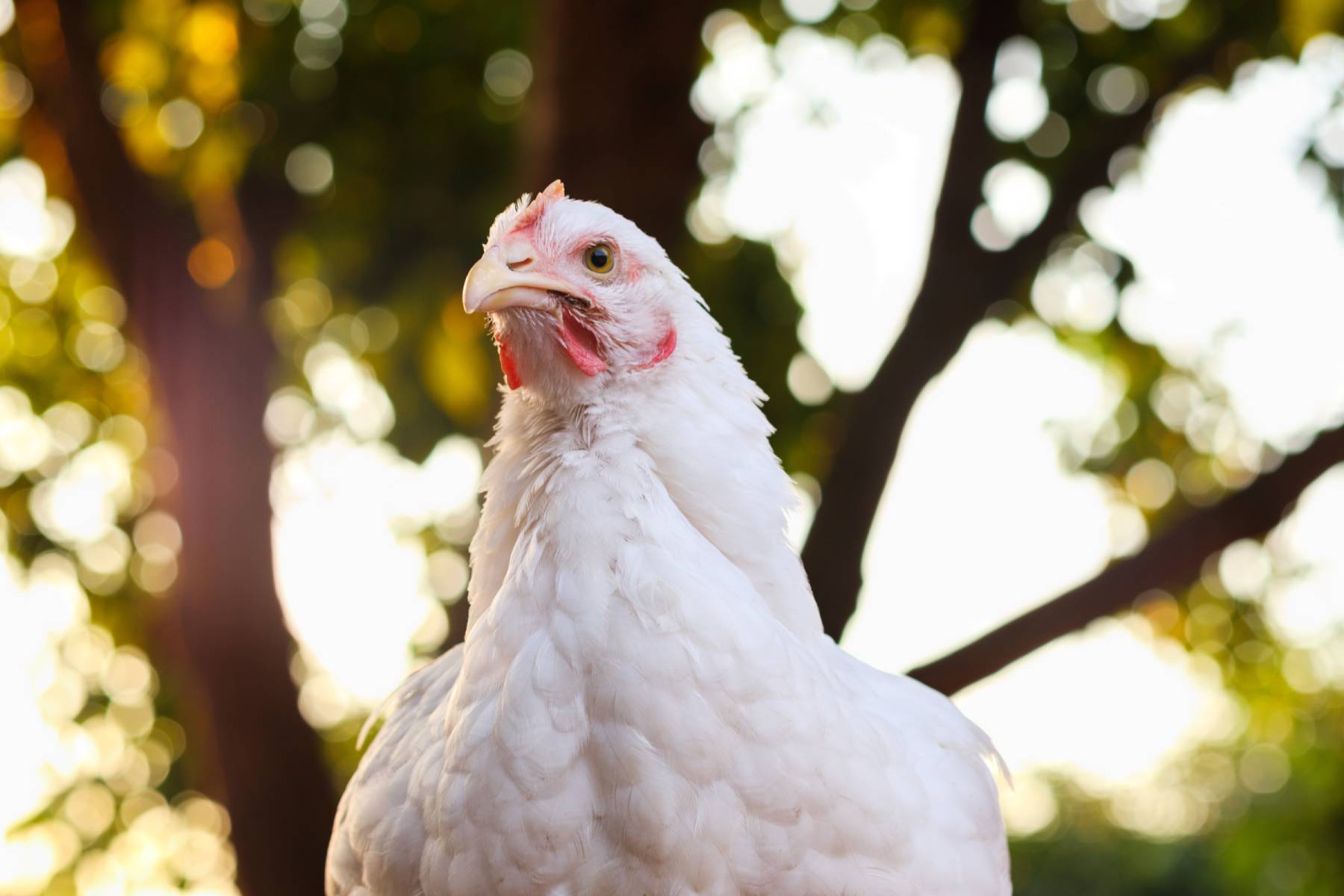
Pastured poultry refers to chickens and other poultry raised in a natural environment, primarily on pasture. Unlike conventional methods where birds are confined to overcrowded barns or cages, pastured poultry roam freely outdoors, foraging on grasses, insects, and other natural vegetation. This traditional approach mimics the birds' natural behavior, allowing them to express their instincts while contributing to a healthier ecosystem.
Choosing pastured poultry also means supporting local farmers and economies. By purchasing poultry products from small-scale, pasture-based operations, consumers invest in their communities, fostering economic resilience and vitality. Moreover, by establishing direct relationships with farmers, consumers gain transparency and assurance regarding the quality and origin of their food.
One of the primary benefits of pastured poultry lies in its nutritional superiority. Research indicates that pastured poultry tends to be richer in essential nutrients compared to conventionally raised counterparts. Studies have shown that pastured chicken eggs, for instance, contain higher levels of omega-3 fatty acids, vitamins A and E, and beta-carotene, contributing to better heart health and overall well-being.
Moreover, pastured poultry tends to have lower levels of unhealthy fats, such as omega-6 fatty acids, which are often found in higher concentrations in factory-farmed poultry. By opting for pastured poultry products, consumers can enjoy a healthier balance of fats, promoting optimal health and reducing the risk of chronic diseases.

Beyond nutritional benefits, pastured poultry prioritizes ethical and humane treatment of animals. In pastured systems, chickens have the freedom to exhibit natural behaviors, including pecking, scratching, and dust bathing. This fosters a higher quality of life for the birds, reducing stress and enhancing their overall welfare.
Furthermore, pastured poultry operations typically embrace sustainable farming practices, minimizing environmental impact and preserving natural resources. They achieve this by rotating the areas where poultry graze and incorporating them into farming systems that help regenerate the land. This approach supports soil quality, diverse ecosystems, and the capture of carbon, ultimately fostering a stronger and more sustainable food production system.
Another significant advantage of pastured poultry lies in its positive environmental impact. Unlike conventional factory farming, which often leads to pollution, soil degradation, and deforestation, pastured poultry systems prioritize environmental stewardship and conservation.
Pastured poultry farms are key players in the effort to revive worn-out land and breathe new life into rural communities. By blending poultry into eco-friendly farming setups, farmers can enrich soil quality, cut down on erosion, and foster richer biodiversity. This not only creates healthier ecosystems but also ensures a brighter future for generations to come.
